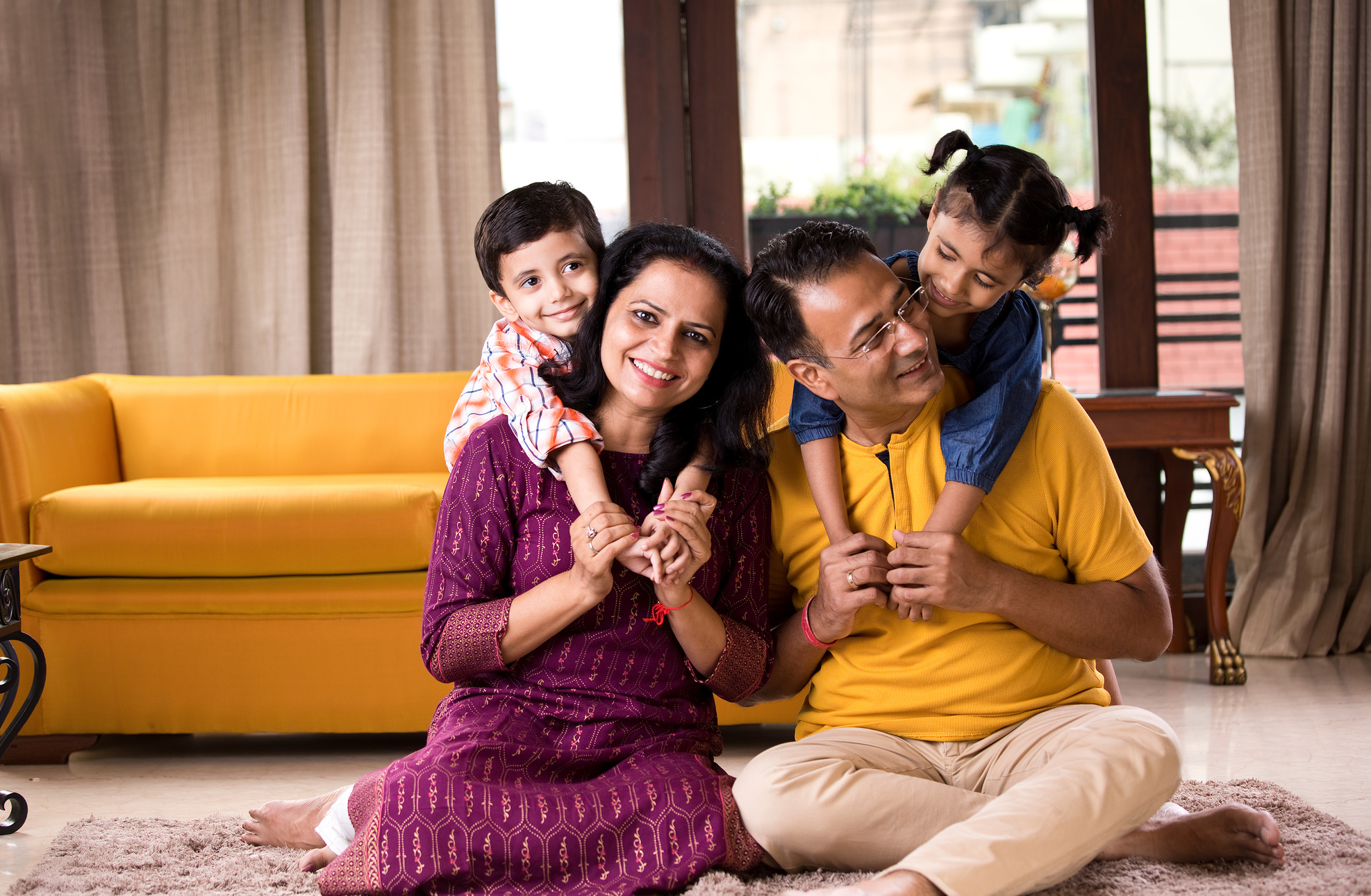

Health promotion and disease prevention are essential primary health strategies to improve people’s overall health and well-being.
They reduce the burden of disease and treatment expenses on families, allowing valuable savings to be invested in the children’s future.
Good health and well-being improve our quality of life, performance in school and productivity at work. They are foundational for our health and happiness.
According to a study, 9 out of 10 Indians lack health literacy. As a result, India has had the highest number of premature deaths in the world, a sick population with high levels of out-of-pocket treatment expenditure that impoverishes millions and leaves little to nothing for the future generation.
We have launched a health literacy program, as part of which we share well-researched and reliable health information on health promotion and disease prevention through WhatsApp and social media on a daily basis.
Coordination of care is a crucial, yet vastly neglected need of patients with chronic conditions like diabetes, hypertension, etc. It is essential to ensure treatment adherence, optimize health outcomes, prevent complications and enhance the overall well-being of individuals living with such conditions.
We are in the process of launching a Coordination of Chronic Care (3C) program. We will develop plans for and coordinate various types of health care (promotive, preventive, curative, rehabilitative and palliative) with various service providers for comprehensive, integrated and holistic care.

We have decided to start out with following services, but plan to expand to whole range
of primary health services in the near future.
- Health literacy and awareness
- Coordination of chronic care (3C)

E-6/1, Sector 61
Noida 201301, India
Email: contact@phc360.org
Social: @PHC360
We believe in health equity. Half of our profits would go into improving the health of the poor.
Dr Ali mehdi
Dr Mehdi has 18 years of research experience in global health and development. Focused on 12 countries across Asia, Africa, Europe and North America, his research has been funded by the World Health Organization, World Bank, International Labor Organization, Governments of India, Japan and the United Kingdom, industry associations and others. It has contributed to Government of India's policies on preventive health, chronic diseases, medicine and food regulation, G20, etc. He has also co-authored health policy briefs with renowned global health experts for G7 and G20 leaders.
Among his relevant publications are - Health of the Nation: Perspectives for a New India (Oxford University Press), A shot of justice: Priority-setting for addressing child mortality (Oxford University Press), Prevention of chronic diseases: Reorienting primary health systems in India (Indian Council for Research on International Economic Relations / ICRIER) and Impact of preventive health care on Indian industry and economy (ICRIER). The latter was released in 2007 by India's then Union Health and Family Welfare Minister and led to income tax benefits of INR 5,000 for preventive health checkups that continue to this day.
In 2017, Dr Mehdi spoke at the World Health Summit in Canada, participated in a meeting of global health policy think-tanks in Switzerland and EAT Asia-Pacific Food Forum on the invitation of Indonesian Ministry of Health. He was also invited by Chile's Health Minister for a conference co-organized by several international institutions. In 2018, he participated in a conference on antimicrobial resistance in Ghana, organized by the Governments of the United Kingdom, Thailand and Ghana, United Nations Foundation, World Bank and Wellcome Trust. The Ghana Declaration mentioned him as one of the 6 individuals supporting it.
Dr Mehdi completed his PhD in Health Policy at Humboldt-Universität zu Berlin, Germany and MA in Global Studies at Albert-Ludwigs-Universität Freiburg, Germany - with a 4-month internship at the United Nations Economic and Social Commission for Asia and the Pacific, Thailand. In recognition of his contribution to global health and development, Dr Mehdi received the United Kingdom’s Global Talent Migrant Visa in 2021. Going forward, he wants to accelerate universal health coverage in South Asia (through UHC360) and utilize his expertise to make a direct contribution to people’s health and well-being (through PHC360).